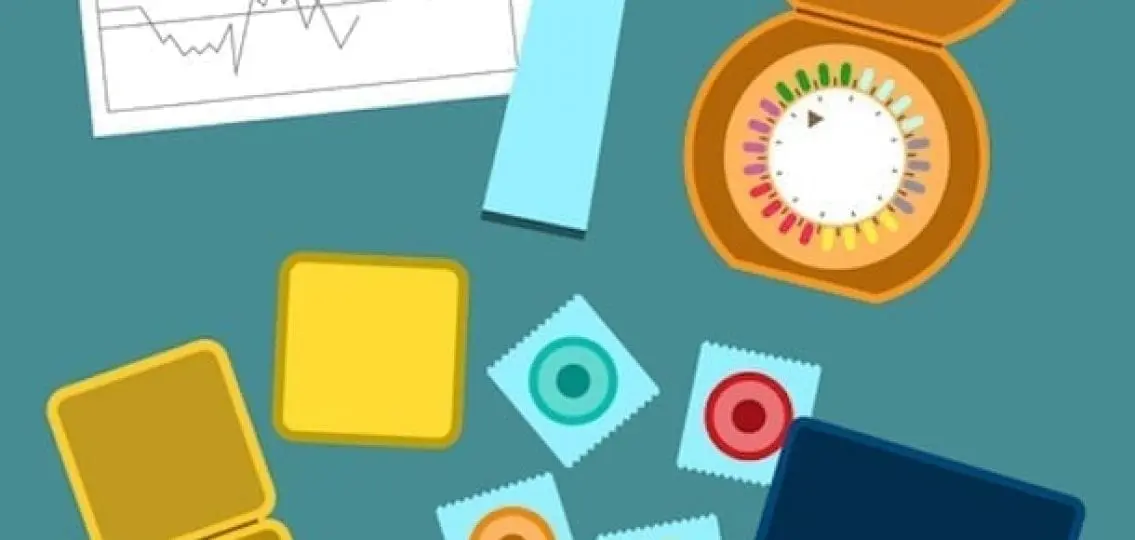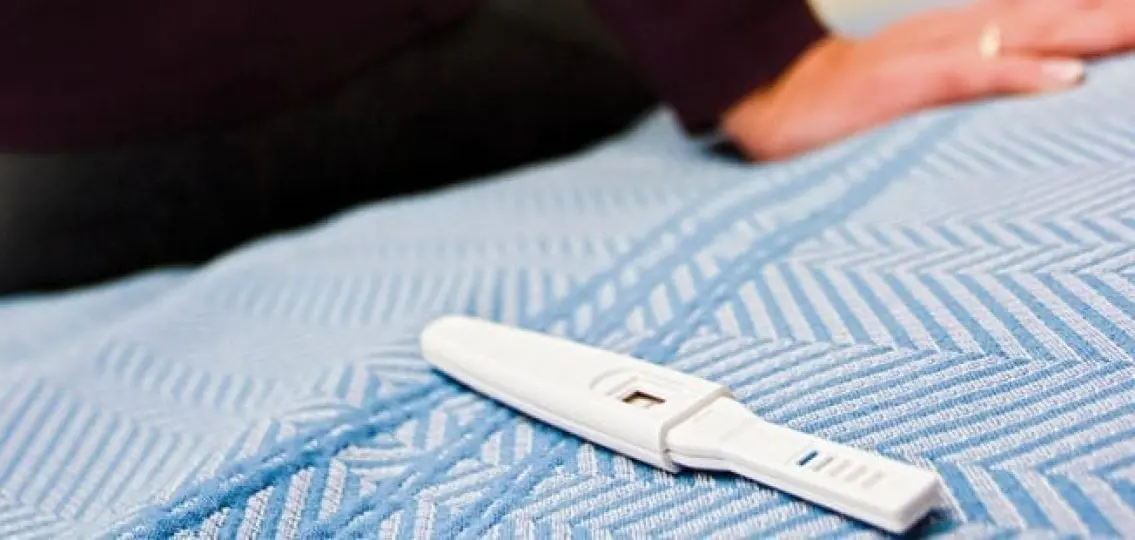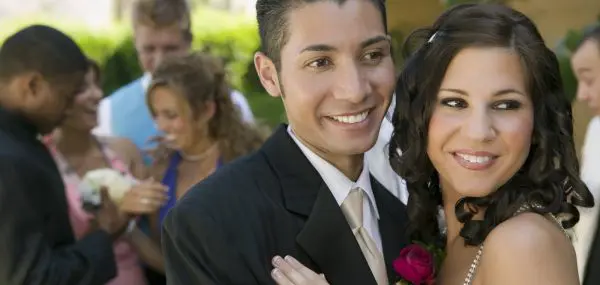“I’m pregnant.” The two words parents of teenage girls are petrified to hear.
The two words that make your mind travel in a thousand different directions, considering everything this statement will mean to your daughter’s life. To your lives.

For parents who haven’t been on the receiving end of those words before, they might just seem like the end of the world. Is your daughter’s life over before it’s even really begun? How will she finish high school? How will she go to college? How will she live a normal teenage life?
I know what it’s like—I’ve been there.
My daughter Amy was like a lot of other teenage girls—full of confusion, anger, and rebellion. We’d gone through multiple struggles with her: Amy declaring that she wanted to die, wanting to date a boy in a gang and wearing all green in the process, wearing black make-up in her Goth phase, and wearing heavy make-up in her Spanish-accented Chicana phase. We’d gotten through it all, not unscathed, but through it.
But how were we going to get through this? This wasn’t a phase that would just pass. This was real.
Amy was already four months along when I found out from my best friend. It hurt to realize Amy didn’t feel close enough to tell me herself. And I was terrified to tell Amy’s father, Drew—to speak the words that I knew would change his life forever. All of our lives. As many fathers would be, he was livid.
“She can’t stay here! She’s not a good example for her sisters and brother. She has to move out. Now!”
I was devastated. How could my almost-normal life spiral into such devastation in only 12 hours? I already felt like I’d lost my little girl, and now my husband too? What had I done to deserve this?
Nothing, I later realized.
Eventually Drew came to his senses. We were all in this together, and we would decide how to handle it together.
As Catholics, none of us believed in abortion, and I’m eternally grateful that we didn’t have to consider that option. Maybe Drew and I could raise the child as our own. But what about adoption? Perhaps some other loving couple could have their dream fulfilled.
But Amy wouldn’t hear of it. She and her boyfriend, Pablo, would keep the baby.
So now what?
“You have to quit school and get a job,” we told her. This was our sincere belief. Her education wasn’t the most important thing in her life anymore; it was the baby, and she would have to provide for it.
But Amy also wouldn’t consider dropping out of school and, in hindsight, I have to give her credit for her courage—attending school as a pregnant teen, regardless of what others thought of her.
As the months passed, our family grew more comfortable with our situation; we were excited about the upcoming birth.
Although at 36, I was way too young to be a grandmother, I tried to welcome my new role with grace—even with three teenagers and a 2-year-old of my own.
And then, two days after Amy’s 17th birthday, she realized she hadn’t felt the baby move in quite a while. I was sure everything was fine—after all, sometimes babies moved as if they were competitive gymnasts, and sometimes they were still. The doctor sent us to the hospital, just to be sure.
The hospital staff wasted no time in conducting their exam. The nurse couldn’t find a heartbeat, so a young resident wheeled in the largest, most powerful sonogram I’d ever seen. But there was no sign of life—he only found a tiny heart that was no longer beating.
We quickly realized that there was, in fact, something that replaced teen pregnancy as the most difficult thing our family had been through—the death of a child.
The baby was gone. My young daughter’s first glimpse of motherhood was the grief of heartbreaking loss.

The tragedy of her baby’s death brought our family closer. My daughter needed me in a way she never had before, to help her get through the suffering of losing a child. She needed all of us, even the sister she could never seem to get along with.
And the baby’s death taught us the most important lesson we would ever learn: As long as everyone is alive, we can deal with anything.




